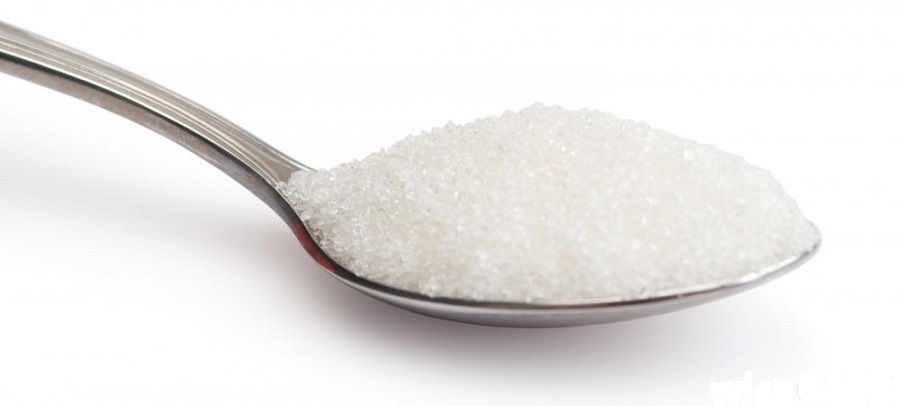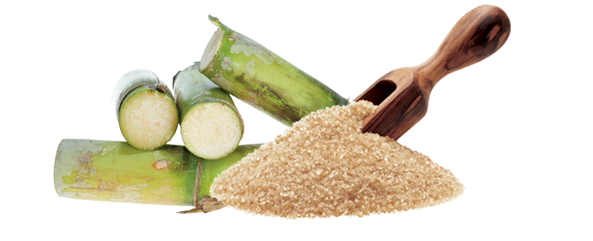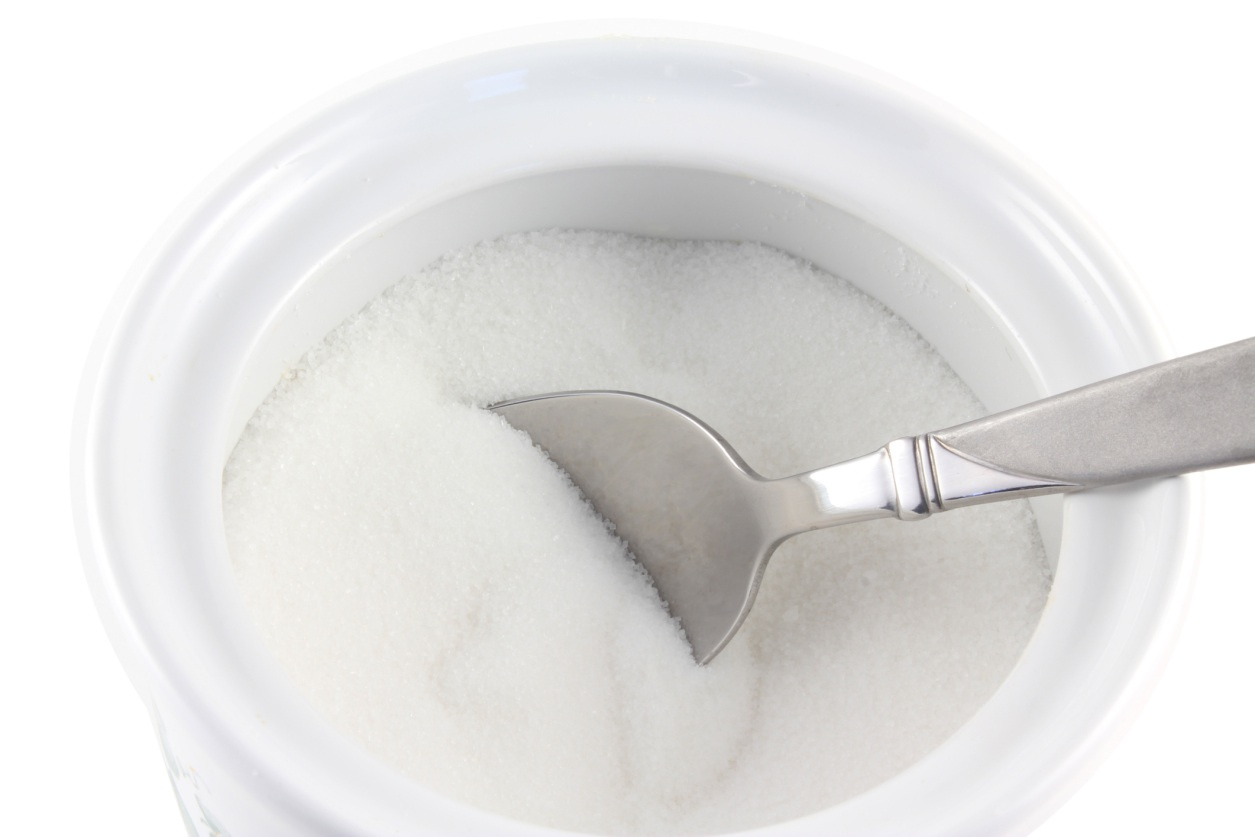All posts tagged "Sugar Market"
-
Indian Sugar Program “Helping” Farmers to Death
(Chuck Muth, Citizen Outreach) – If you think the U.S. sugar program is bad, you should take a look at the...
Chuck MuthJay ChauhanOctober 28, 2015 -
Ag Committee Hearing: Foreign Subsidies Jeopardizing Free Trade and Harming American Farmers
(Chuck Muth, Citizen Outreach) – The House Committee on Agriculture conducted a hearing on October 21 exploring how foreign government meddling in...
Chuck MuthJay ChauhanOctober 26, 2015 -
TPP provides light at end of the sugar subsidy tunnel
(Chuck Muth, Citizen Outreach) – Critics of Rep. Ted Yoho’s “Zero for Zero” resolution who say it can’t be done should heed...
Chuck MuthJay ChauhanOctober 15, 2015 -
India’s Sugar Woes in an Imperfect Global Market
(Chuck Muth, Citizen Outreach) – Well, here we go again… Those in Congress who believe in unicorns and a global free...
Chuck MuthJay ChauhanSeptember 30, 2015 -
India’s Sugar Export Policy is “Almost Criminal”
(Chuck Muth, Citizen Outreach) – India is the world’s second largest producer of sugar, behind only Brazil. Its sugar industry is...
Chuck MuthJay ChauhanSeptember 22, 2015 -
Donald Trump and the U.S. Sugar Program
(Chuck Muth, Citizen Outreach) – A serious drought in India could result in the nation’s sugar farmers getting the short end of...
Chuck MuthJay ChauhanSeptember 16, 2015 -
Unable to Beat Sugar Meddlers, Nigeria Joins Them
(Chuck Muth, Citizen Outreach) – When most Americans hear “Nigeria,” what usually comes first to mind is “email bank scam.” But in...
Chuck MuthJay ChauhanSeptember 9, 2015 -
Did the U.S. Sugar Program kill Oreo cookies?
(Chuck Mutch, Citizen Outreach) – In a recent Daily Signal column, Bryan Riley was in near hysteria over the loss of 600...
Chuck MuthJay ChauhanSeptember 1, 2015 -
Sugar program opponents not entitled to their own facts
(Chuck Muth, Citizen Outreach) – I understand why free market advocates are opposed to the U.S. sugar program of modest tariffs and...
Chuck MuthJay ChauhanAugust 25, 2015 -
Defending Rubio’s defense of U.S. sugar farmers
(Chuck Muth, Citizen Outreach) – James Bovard’s recent USA Today column attacking Sen. Marco Rubio’s (R-Fla.) support of U.S. sugar policy...
Chuck MuthJay ChauhanAugust 19, 2015









